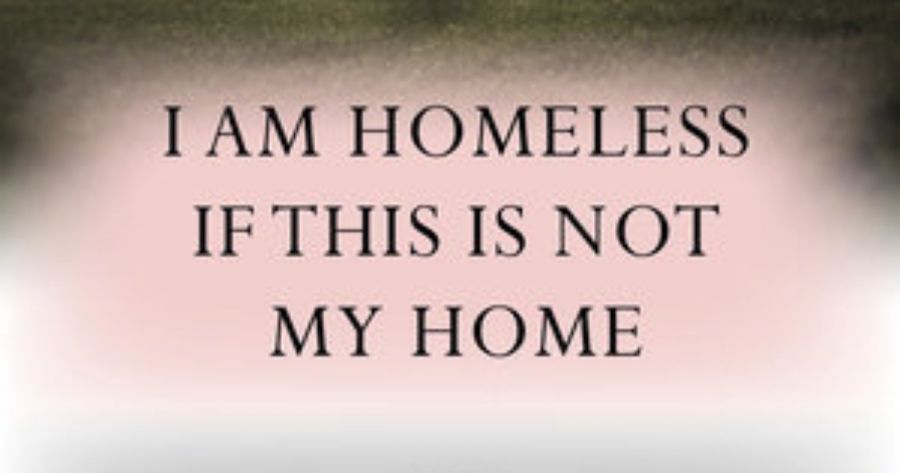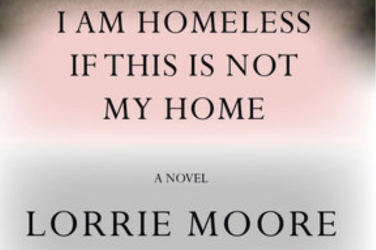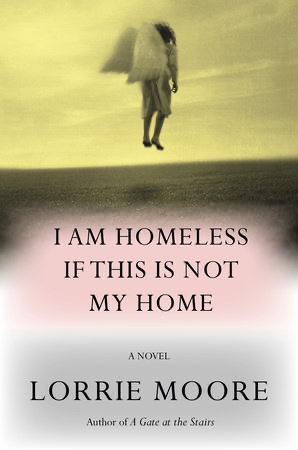
- Free Article: No
- Contents Category: Fiction
- Review Article: Yes
- Article Title: Life as stolen pie
- Article Subtitle: Lorrie Moore’s insistently clever new novel
- Online Only: No
- Custom Highlight Text:
Grief and love in America are the subjects of Lorrie Moore’s new novel, which is part surreal road trip, part love story, and partly made of letters from a woman to her late sibling. Finn, a school teacher suspended for some of his unorthodox ideas about history, attends the bedside of his dying brother, Max, but is then drawn away by his fatal attraction to a suicidal ex-lover, Lily, right around the time of the 2016 election. His story is interspersed with letters written by Elizabeth, an innkeeper, to her dead sister in the aftermath of the American Civil War. Clever, cranky, bitter, and witty, Elizabeth describes herself as ‘unreconciled to just about everything’. The two parts of the narrative are themselves unreconciled, mostly; the connections between them remain oblique, with a lot of space for the reader to imagine different points of association.
- Featured Image (400px * 250px):

- Alt Tag (Featured Image): Kirsten Tranter reviews 'I Am Homeless If This Is Not My Home' by Lorrie Moore
- Book 1 Title: I Am Homeless If This Is Not My Home
- Book 1 Biblio: Faber, $29.99 pb, 196 pp
- Book 1 Cover Small (400 x 600):

- Book 1 Cover (800 x 1200):

Readers love or detest Moore’s frenzied, epigrammatic style, filled as it is with brio, conspicuous displays of cleverness, and scattered exclamation marks. It can be abrasive. There is just so much wit and cleverness, to the point where the feelings that drive the story forward are rendered brittle. There are flashes of emotion, rather than sustained feeling – but those emotions can be blindingly intense, bright epiphanies delivered with stylistic precision.
 Lorrie Moore, 2014 (Zane Williams)
Lorrie Moore, 2014 (Zane Williams)
Finn’s long encounter with his dying brother in the hospice revisits some of the territory that Moore explored in one of her short fiction, and the frenetic, sardonic tone of the prose makes sense as a method of managing unspeakable trauma. In I am Homeless If This Is Not My Home, the losses and injuries endured are personal but also wider in scope: the historical wound of the Civil War, the violence of racism and misogyny across time, the political nightmare of Donald Trump’s election, the tragedy of mass homelessness in the United States.
Death, in constant tension with the persistence of life, appears in so many forms: it claims sisters, brothers, ex-lovers, unlikeable men, animals; an innkeeper in the twenty-first century, analogue to the long-ago Elizabeth, plans to execute a cruel ‘have-no-heart trap’ for the annoying resident woodpecker who won’t be deterred by other means. ‘I’m not sentimental,’ she explains. ‘It’s no life for a creature of God, banging your beak into wood.’ Dead things also don’t stay buried: in a metaphor for the unresolved wound of the Civil War, the landscape around Elizabeth’s house is filled with former battlefields where ‘the farmers’ pigs still root up dead soldiers in the ground’.
William Faulkner famously wrote that the past isn’t over, it isn’t even past. Moore’s deep exploration of this idea is just one of the ways the novel seems to converse with that iconic chronicler of modern American life and death. The past haunts the present, but in Moore’s version of this idea the past is also disturbingly unstable for these traumatised characters: ‘When I go back to the places of the past, nothing is there anymore,’ Finn reflects, ‘as if I have made the whole thing up. It is as if life were just a dream placed in the window to cool, like a pie, then stolen.’
Brilliant images like this make it hard to stay annoyed by Moore’s too-insistent cleverness. She has a talent for crafting similes of striking originality, both brutal and beautiful. Elizabeth sees a ‘large credulous sow trotting down the wheel-rutted road’ one day, ‘as if it had heard tell of something and eaten her litter so as to be free to investigate’. (The sow is on her way to eat some of those dead soldiers in the ground). In the depths of grief, Finn wonders if ‘from here on in perhaps love would seem distant and absurd, like a play he’d gone to as a child’.
These characters spend their time falling into traps, and/or trying to escape them: the traps of idealism, love, romantic obsession, revenge, despair, depression. That love can’t keep loved ones alive is the hard lesson, although the novel seems to leave open the question of whether memory has that power.
The other lesson, like a gift pressed desperately hard into the reader’s hands, is that writing is magic. Writing offers a secular form of afterlife: it can bring the past to life, albeit in a transmuted form. Letters to a dead person keep a conversation alive between siblings, and then decades later a reader resurrects their story. At the end of the novel a dead lover’s name is preserved as a digital password, a key that is ‘strong with a long bar of green’. The narrator observes, ‘Memory. Passage. Nothing in this world was ever truly over.’ Resurrection, redemption, all seem possible in the world of fiction.


Comments powered by CComment